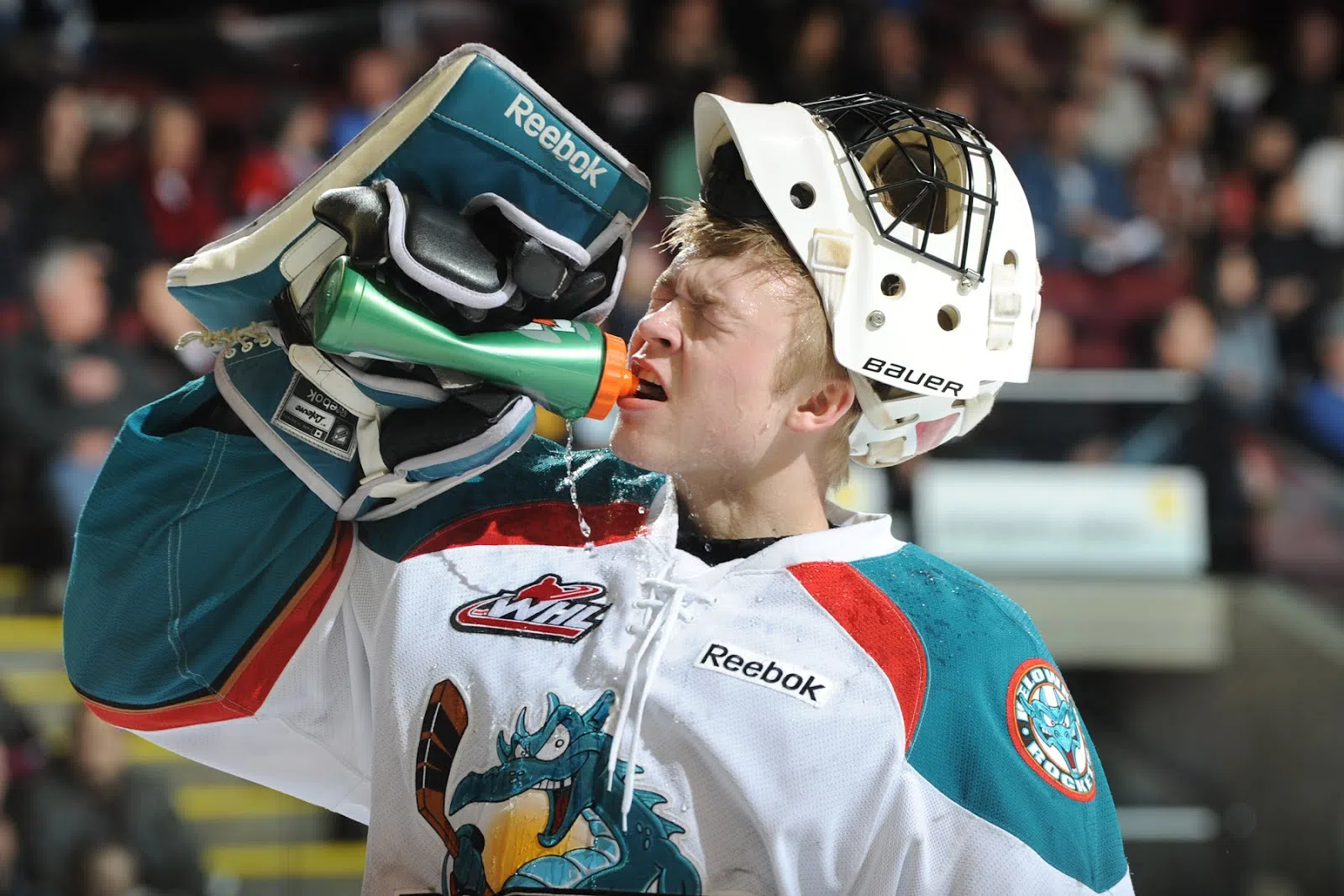
How Jordon Cooke mastered the mental game
Former Kelowna Rockets netminder Jordon Cooke has a smile in his voice when he talks about returning to the WHL, this time as the Spokane Chiefs’ goaltending coach, which the team officially announced last week. But beneath the stories of big saves and long bus rides lies a candid look at the mental battles goalies face while standing in the crease.
“What I truly needed to work on was the mental aspect,” Cooke said when asked if he had a magic wand, how he would have changed his game over four solid seasons as the team’s number one goalie. “When I was in the net, I thought I was calm. It looked calm at least. Inside, I was everywhere.”
That insight stands in contrast to Cooke’s impressive career numbers, which included a goals-against average that never rose above 2.79 and a save percentage consistently over .900. These stats paint the picture of a reliable and steady presence in net. But behind those numbers was a daily mental battle most fans never see.
“There were so many sleepless nights,” Cooke continued. “There were pre-game naps where I lay wide awake because I am stressing that I want to play well, or want to win.”


Comments